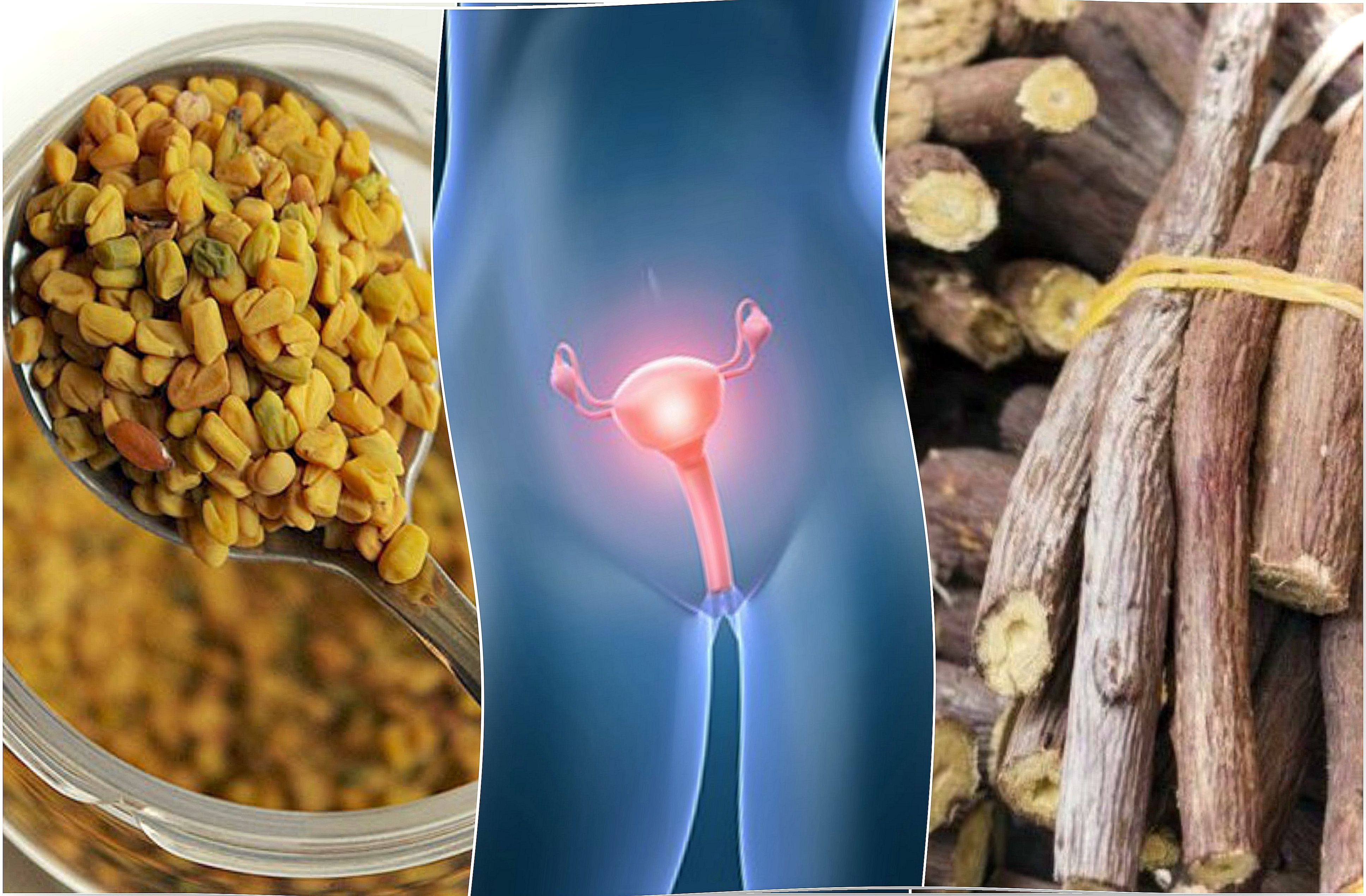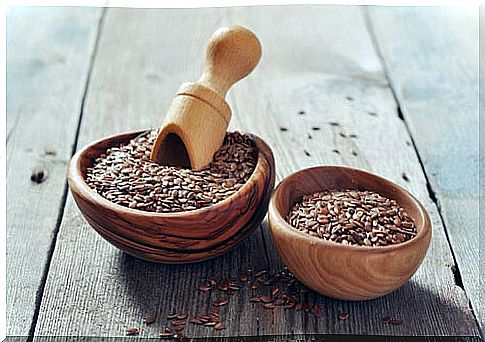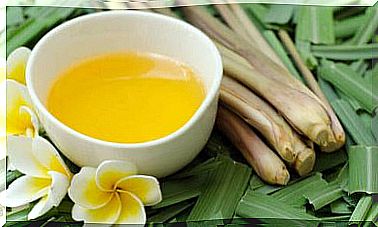5 Natural Remedies That Help You Cope With Polycystic Ovary Syndrome
Remember that these natural remedies are a complement to the medical treatment of polycystic ovary syndrome and that in no case will they be a substitute for it

Polycystic ovary syndrome (PCOS) is a female hormonal disorder. It occurs when the ovaries manufacture more androgens than estrogens and progesterone, compromising the processes that develop and release the ovum during the hormonal cycle.
It is a problem in which the lining of the ovaries thickens, which, in turn, undergo the formation of small cysts or follicles. These, although benign, cause inflammatory imbalances in the tissues and, most of the time, trigger other symptoms that affect the quality of life.
Even, many of those affected have fertility problems and irregular menstruation, which ends up generating depression and difficulties in the couple and in the sexual life.
Fortunately, it is a condition that can be overcome with the practice of healthy habits and timely medical intervention.
This reduces the severity of your symptoms and, many times, minimizes the impact it has on fertility.
In addition to this, there are several remedies of natural origin that, due to their properties, facilitate hormonal control to help counteract its effects in the best way.
Discover them!
1. Flax seeds

Due to their high content of omega 3 and 6 fatty acids, flax seeds are ideal for controlling the excessive production of androgens, the main cause of polycystic ovary syndrome.
These help reduce the level of inflammation in the tissues and, incidentally, help control irregularities in the menstrual period.
Ingredients
- 1 tablespoon of flax seeds (10 g)
- 1 glass of water (200 ml)
How to consume them?
- Soak a tablespoon of flax seeds in a glass of water and, after 2 or 3 hours, strain the drink and consume it.
- Optionally, add flax seed oil to your salads, soups, and smoothies.
- Try to include them, in a moderate way, every day in your diet.
2. Fenugreek seeds
Fenugreek seeds have become popular for their ability to control high blood pressure and glucose levels. They have anti-inflammatory and diuretic effects that help remove retained fluids in the tissues to reduce their level of inflammation.
These provide fatty acids and antioxidants that, by controlling hormonal activity, help calm the discomfort caused by polycystic ovary syndrome.
Ingredients
- 1 tablespoon of fenugreek seeds (10 g)
- 1 glass of water (200 ml)
- Honey from bees (to taste)
How to consume them?
- Add a tablespoon of the seeds to a glass of water and let it rest for 6 to 8 hours.
- After this time, mix them with a little honey and consume it.
- Repeat its intake every day, preferably on an empty stomach.
3. Cinnamon

Cinnamon is a spice that has become popular for its relaxing, antispasmodic, and digestive effects.
Its active compounds regulate blood glucose levels and support metabolic functions that drive calorie burning.
In the case of PCOS, it helps reduce inflammation, as well as irregular menstrual periods and the formation of cysts.
Ingredients
- 1 teaspoon of cinnamon (5 g)
- 1 cup of water (250 ml)
How to consume it?
- Heat a cup of water and when it comes to a boil, add a teaspoon of cinnamon.
- Let it sit for about 10 minutes and consume it.
- You can also incorporate it into your smoothies and desserts.
4. Licorice
Licorice root is a plant that helps decrease the excessive production of male hormones in women affected by PCOS
Its compounds promote ovulation and stimulate metabolic activity that is compromised due to hormonal uncontrols.
Ingredients
- 1 teaspoon of licorice (5 g)
- 1 cup of water (250 ml)
How to consume it?
- Add a teaspoon of licorice root to a cup of boiling water and, after letting it rest for 15 minutes, consume the infusion.
- Take it 2 times a day, every day.
However, you should avoid this natural remedy if you suffer from tension problems.
5. Mint

The properties of peppermint can help regulate hormonal uncontrols that influence the appearance of polycystic ovary syndrome.
Although they do not solve the appearance of cysts, their consumption complements the treatments prescribed by the doctor.
It is ideal to avoid the excessive appearance of hair, acne and other symptoms of this condition.
Ingredients
- 1 tablespoon of mint leaves (10 g)
- 1 cup of water (250 ml)
How to consume it?
- Add a tablespoon of mint leaves to a cup of boiling water and let it steep for 15 to 20 minutes.
- When it’s ready, filter the liquid through a strainer and consume it.
- Take it 2 or 3 times a day, every day.
- If you like, optionally or as a complement, add the mint leaves to your natural juices and smoothies.
Prepare the remedies mentioned and see how good they are at reducing the impact of PCOS symptoms. Keep in mind that, although neither is a cure or something similar, its regular intake helps promote well-being.








